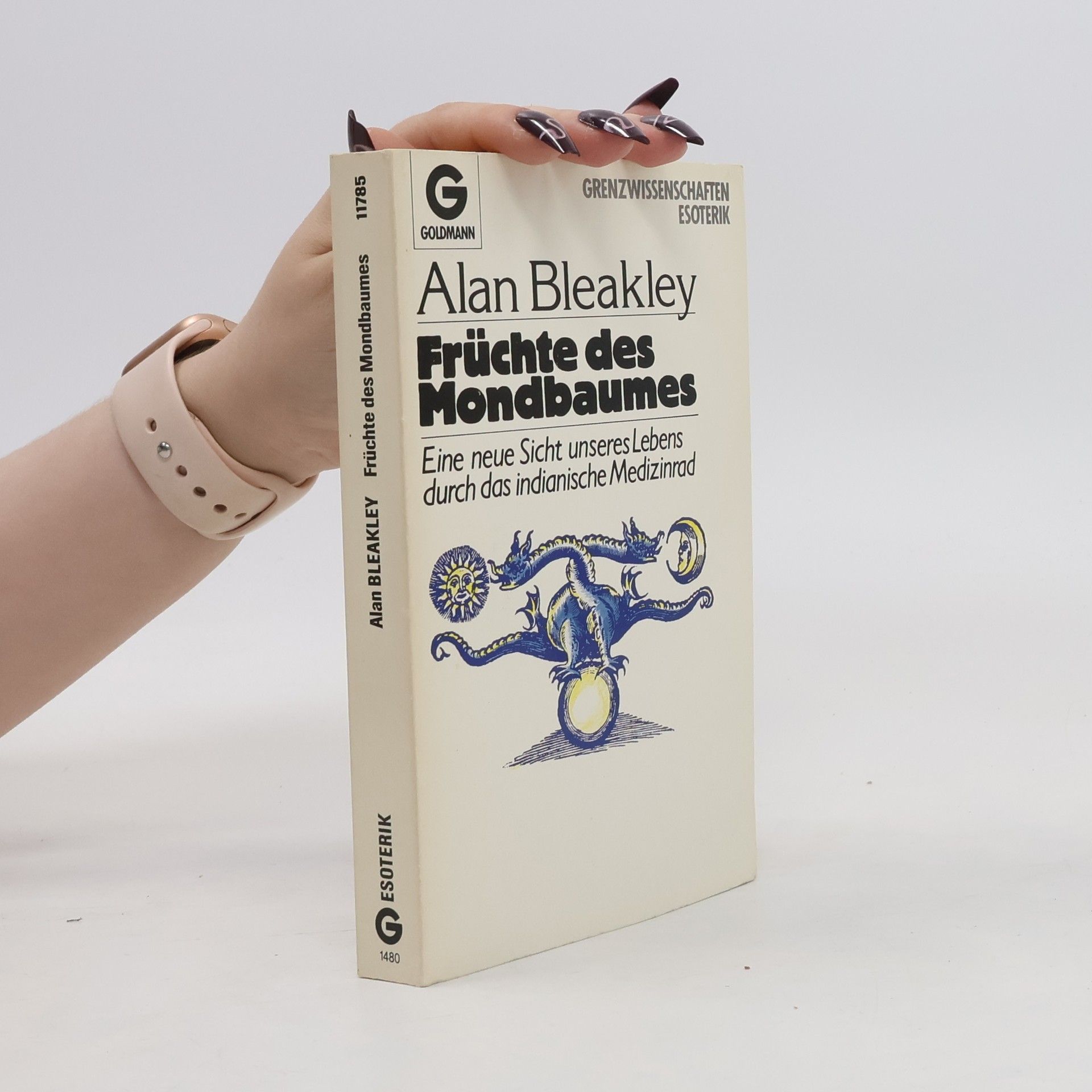Früchte des Mondbaumes
- 397 Seiten
- 14 Lesestunden






The book delves into the intersection of poetry and medicine, highlighting how poetic appreciation can enhance medical practice. By 'defamiliarising' established habits, it encourages a fresh perspective on patient care through poetic techniques of 'close reading.' This exploration reveals the potential for a deeper emotional and intellectual engagement within the medical field, suggesting that the arts can significantly inform and enrich clinical experiences.
Offering a fresh vision for medical education, this groundbreaking work reconceptualizes the role of medical humanities through critical health psychology and liberatory pedagogy. It challenges traditional approaches and encourages a transformative understanding of medical training, aiming to enhance the educational experience and improve healthcare outcomes. The book advocates for a more holistic and inclusive perspective, emphasizing the importance of integrating humanistic principles into medical practice.
Educating Doctors’ Senses Through the Medical Humanities: "How Do I Look?" uses the medical diagnostic method to identify a chronic symptom in medical culture: the unintentional production of insensibility through compulsory mis- education. číst celé
This book critically analyses how politics and power affect the ways that medicine is taught and learned. Challenging society's historic reluctance to connect the realm of politics to the realm of medicine, Medical Education, Politics and Social Justice: The Contradiction Cure emphasizes the need for medical students to engage with social justice issues, including global health crises resulting from the climate emergency, and the health implications of widening social inequality. Arguing for an increased focus on community-based learning, rather than acute care, this innovative text maps the territory of medicine's contradictory engagement with politics as a springboard for creative curriculum design. It demonstrates why the socially disempowered - such as political and climate refugees, the homeless, or those without health insurance should be primary subjects of attention for medical students, while exploring how political engagement can be refined, sharp, cultivated and creative, engaging imagination and demanding innovation Exploring how the medical humanities can promote engagement with politics to improve medical education, this book is a ground-breaking and inspiring contribution. It is an essential read for all those with a focus on medical education and medical humanities, as well as medical and healthcare students with an interest in the social determinants of health.
Alchemy is popularly viewed as a secret way of turning worthless base metal into gold, and then a precursor to modern chemistry. This is often taken as a metaphor for psychological development. This book describes an innovative „third way“ for both the education and exercise of an alchemical imagination that embraces both material matters and psychological insight: alchemy as lyrical poetics, or the intensive production of embodied metaphor. Alchemy here is viewed as an immanent set of metaphor-driven „best practices“ for indwelling complex and contradictory earthly matters in a sensual, artistic and humane manner. Or, again, it describes best psychotherapeutic practice. Alchemy is read not as a medium for „personal growth“, but optimal co-existence with the natural world. It is an eco-logical rather than ego-logical project with deep aesthetic concerns (education of the senses in close noticing) and political intentions (a democracy of worldly things). The book echoes post-Freudian developments in psychoanalysis that avoid the mysticism of symbol systems to work rather with everyday signs and linguistic registers such as embodied metaphors, keeping the focus on known and sensed phenomena rather than abstractions.